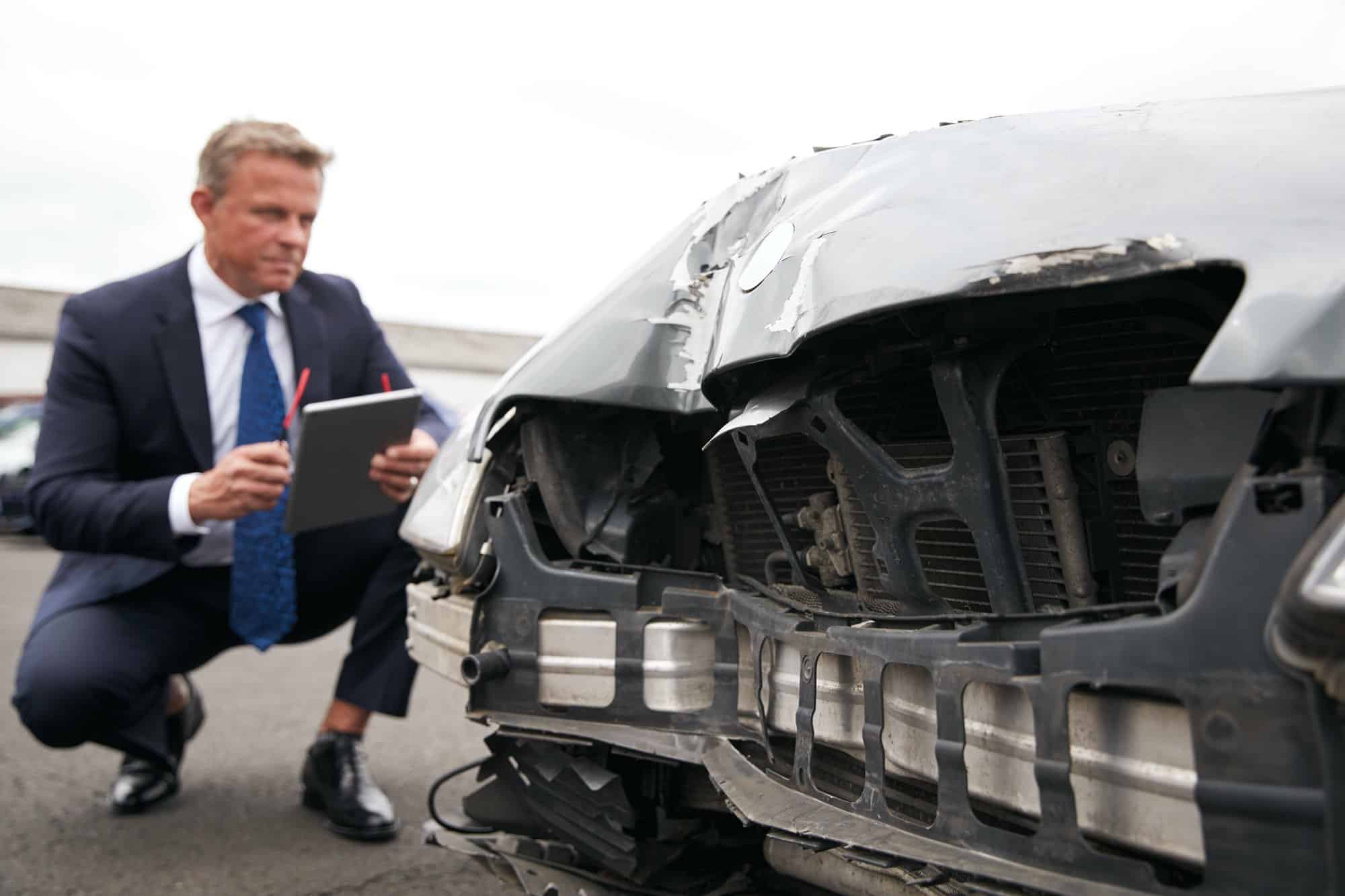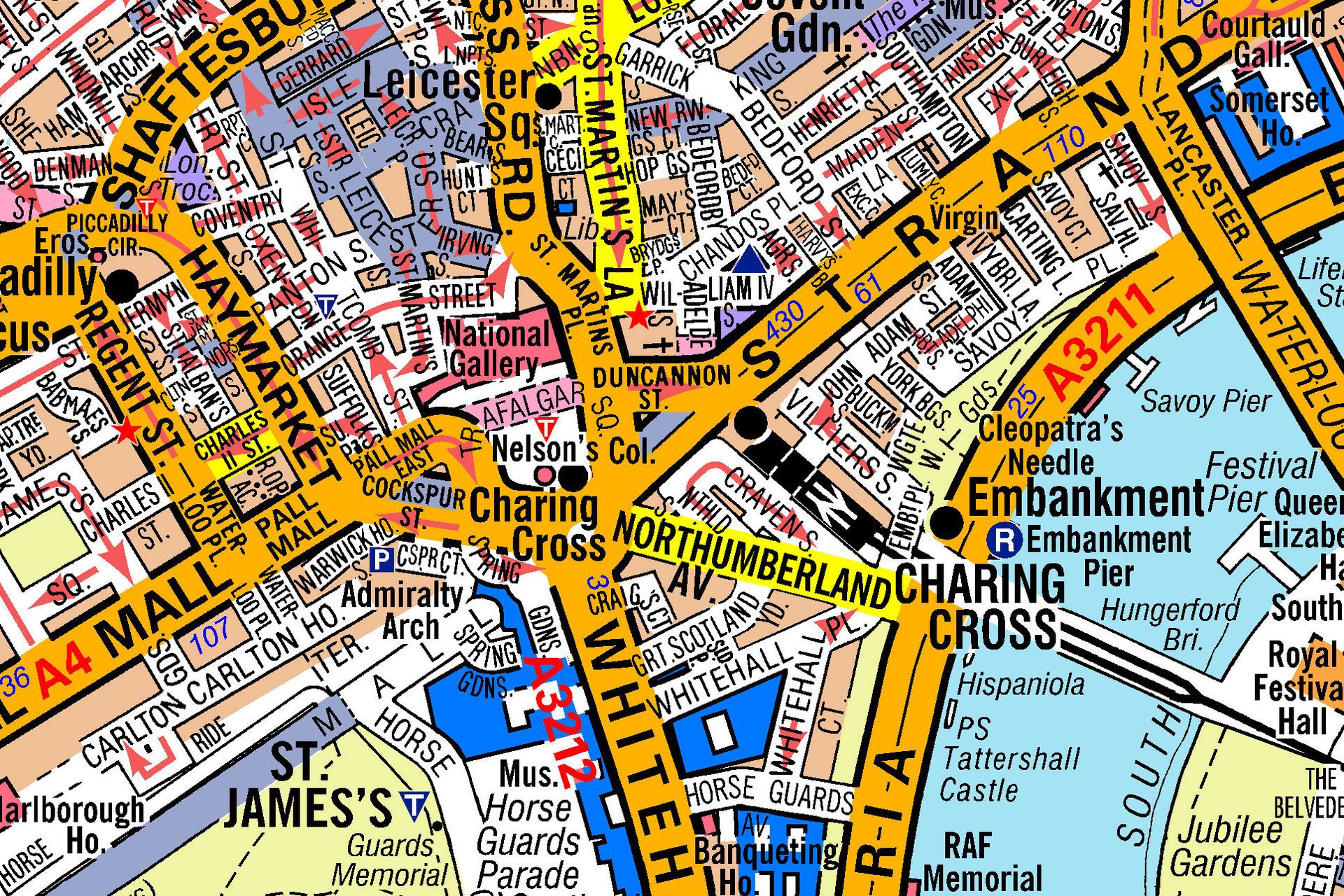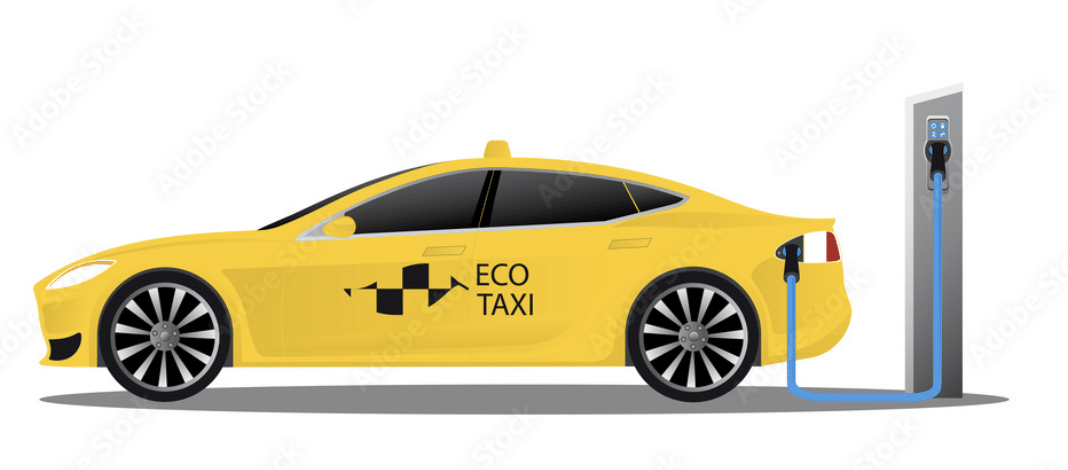Car accidents are a scary business which nobody likes. You are so lucky when you can walk away without a scrape to yourself or anyone else involved. Remaining physically unharmed is truly the ideal scenario, but what if there are other damaging ramifications under the surface to consider after the on-road collision?
If maintaining a car is crucial, and it has to be taken off the road for a time, this can have a finance-crippling effect on your family and business. Questions follow. How long will it take to get the car fit for purpose and back on the road? Will it be a repair job or a costly write-off? And what long-term financial effects might it have?
Let’s look at the what-if scenarios and ramifications if the vehicle is financed and what, if any, penalties will injure your wallet or worse in the future.
Details
First thing’s first: no one is physically hurt. That is the most important point. Everything else can be dealt with.
Second thing: you have insurance, of course; it is the law. But what kind and level did you go with? You can be thankful if your insurance policy covers your car and any/all third-party claims, and your ‘better half’ (as in your partner or your mum) convinced you to splurge on that GAP insurance add-on (Guaranteed Asset Protection).
The third point is where it gets a little hairy. Your vehicle was purchased on car finance, and you are only 1/3 of the way through the payment schedule, for instance. What does this mean for you? Depending on what the insurance company’s valuation shows will determine how bad the situation is for you financially.
Write-off or Repair
You can expect that the insurance company will tell you if the car is a complete write-off or if the damage can be repaired economically. If assessed as a repair, you will be told that the damages are not as grave as you thought, and it will take x-amount of time to repair. This can be worse than a write-off if the damage is more than a smashed brake light or loose hubcap, let’s say.
Always best to check your policy to see what choices you have, such as buying back your car (different category write-offs, i.e. Categories S formerly C and N, formerly D) to make the repairs yourself. If you are a handy car tinker and you can see the benefits of going down this particular avenue, it might be your best option.
What if the car needs extensive bodywork? A crucial engine part is on backorder, or the electrics have a major glitch? This can be pretty bad, because, depending on the length of time the repairs will take, you might need to arrange school and work carpools or organise public transport for the family.
If it is a full write-off (Category A or B), then you will need to say goodbye to your beloved little coupe or family sedan, and you will need to prepare yourself for more dreaded car shopping. But you may be able to get on with your life faster, hopefully.
But what if there are penalties due to the type of car finance you purchased your vehicle with? Once you discover what those are, what then?
Depreciation
What is the monetary value of your car after the depreciation penalty? The insurance company will argue that your vehicle before the accident was only worth x-amount, therefore only the new valuation amount will be payable. In other words, what will your insurance payout be after the company revalues the car? If you are unsure if the settlement is fair, you may query it and research your rights.
Deficit
What do you still owe toward the car, minus payments already made? Speak with your car finance company as you might be able to count the claim settlement as payment for your new vehicle and seamlessly merge the two contracts as one (or at least it might seem like it). Helpful tip: if your car finance company is FCA regulated then joy! They are obligated to be as helpful as possible, so have that conversation with them.
Windfall
Are there any other underlying costs to decimate the wallet and your wellbeing? Not only will you have to pay the insurance claim money plus the differential still owed to the finance company, but you will also need to refinance your new vehicle. Unless you can settle the remaining balance for your deceased car, you will have to continue making payments on a ghost, plus your new replacement. This might create a ‘cashflow’ windfall that you can ill afford.
The Bottom Line
If, unfortunately, you are in a vehicle collision, and the worst at issue is financial in outcome consider yourself and your family blessed. Remember to check your insurance policy and personally speak with your insurer and finance company to understand what services and options are available to you. Give them your ideal scenario, your current situational needs, and they may likely do their best to assist during your time of need.






You if the car is a complete write-off or if the damage can be repaired economically. If assessed as a repair. An older car could be considered a write-off even with relatively minor damage, simply because the cost to repair it is greater than what it’s worth in the used car market.